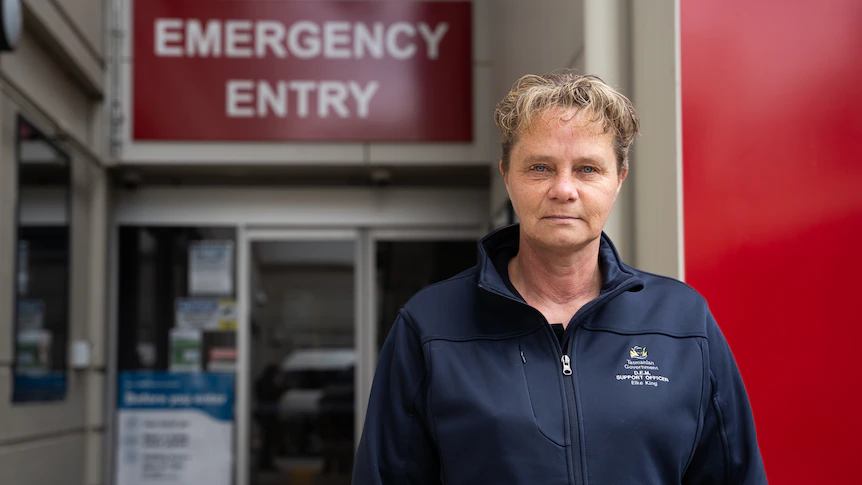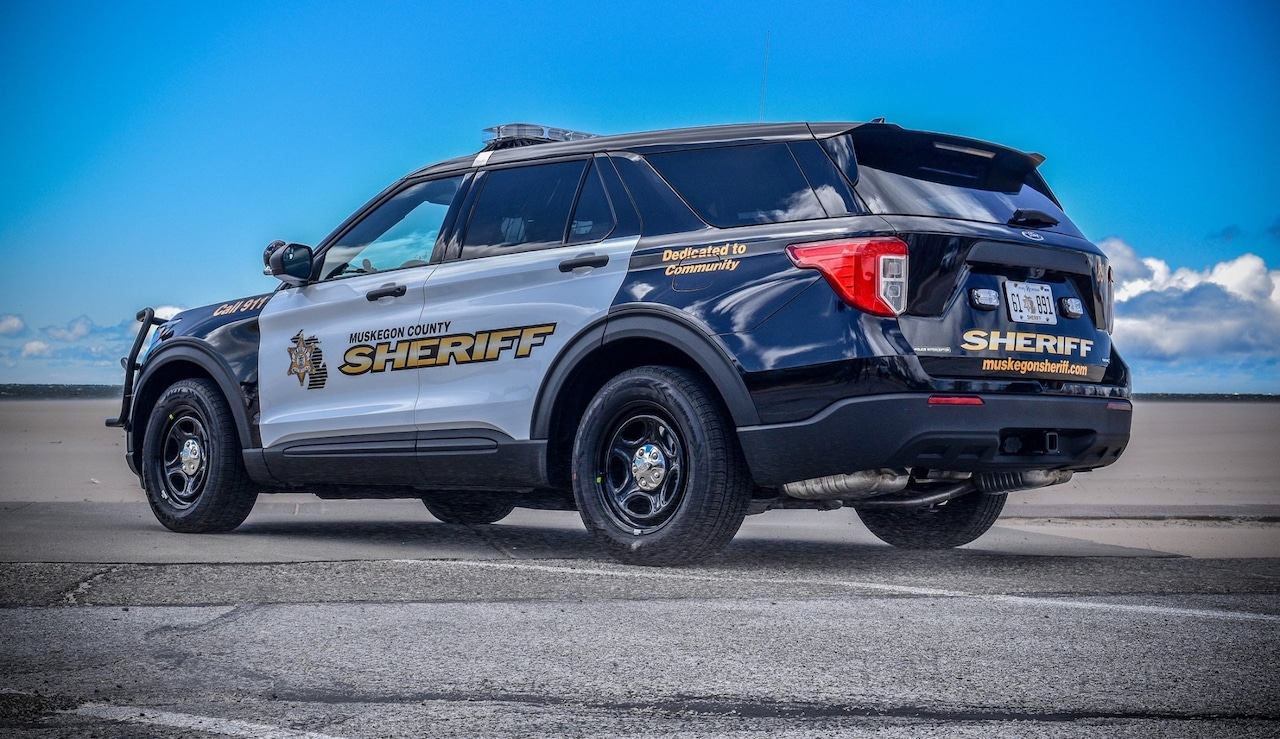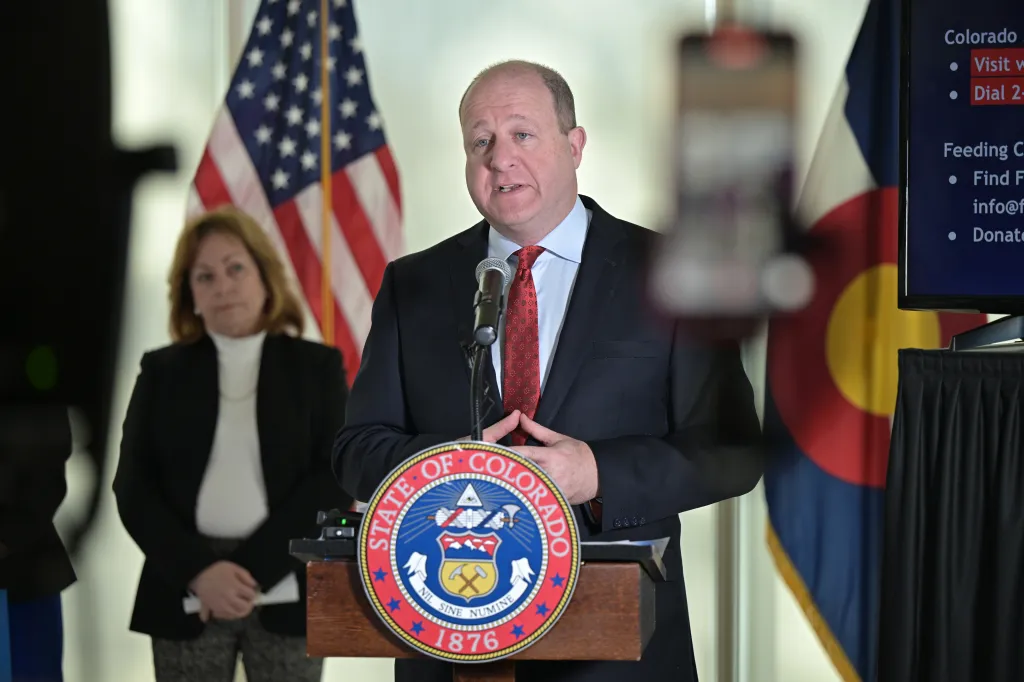Copyright abc

Elke King was on shift at the Launceston General Hospital in Tasmania's north when she was assaulted by a patient, leaving her with a major shoulder injury. As an emergency support officer, her job is to respond to violent and aggressive incidents and de-escalate situations before they get to that point. It was not the first time she was assaulted on the job. "It was just one of those unfortunate things that happens in our line of work," she said. Data obtained by the ABC under right to information laws shows there were 771 'code blacks' at the Launceston General Hospital in the 2024-25 financial year A code black triggers a security response to incidents involving violence or aggression. There were also 243 code greys, which have a lower threshold and allow staff to intervene before an incident occurs. The data reflects incidents where a code black response team was called, not necessarily the actual number of aggressive incidents. Health workers told the ABC a shortage of mental health and alcohol and drug services, as well as understaffing, were some of the reasons for the violence. Nurse assaulted at Royal Hobart Hospital Charles* was triaging patients coming through the Royal Hobart Hospital emergency department when a patient assaulted him. "He physically tried to drag me through the triage window at the emergency department," the nurse said. The right to information data shows the Royal Hobart Hospital experienced 1,231 code blacks and 255 code greys in the 2024-25 financial year. Charles said aggressive and violent incidents happened "all the time". "I've been spat on, I've been kicked, I've been punched," he said. A department of health spokesperson said the safety of patients, staff and visitors was an "absolute priority". "In the interests of staff safety, code blacks have a low threshold and a significant percentage of those recorded include low-level, non-threatening behaviours that do not reflect an immediate personal threat," they said. "Where incidents do occur, our focus is on supporting any staff who are impacted and ensuring the supports made available are tailored to individual needs." The department said it was in the process of implementing recommendations from the Independent Review into Safety and Security in Hospital Emergency Departments. Hospital staff leaving the workforce due to danger The Health and Community Services Union said the code black and grey numbers were alarming. "To be seeing it that regularly is beyond what anyone would think was reasonable and just shows the amount of issues we have in our health system," state secretary Robbie Moore said. Mr Moore said following the stabbing of a doctor at the North West Regional Hospital in 2023, the health department introduced some beneficial measures such as the emergency support officer role. But he said there were not enough positions. "Those support workers have a vital role, yet they're nearly always working short, which is leading to lots of overtime," he said. Mr Moore also welcomed the introduction of code grey to allow staff to intervene before situations escalate, but said it was too early to determine if it had been successful. Staff off work due to physical and psychological impacts Ms King recently begun returning to work following the assault in March last year, and is on lighter duties due to her injury. "Hopefully by the end of this year I will return back to my normal full duties," she said. She said there was no quick fix to prevent assaults against hospital staff. "The only way that I myself personally think that this could be alleviated was if we had more mental health facilities within the state and we had a better drug and alcohol system," she said. Following the assault Charles experienced at the Royal Hobart, he was diagnosed with post-traumatic stress disorder and spent about eight months off work. He now divides his time between the emergency department and the community, visiting patients at their homes. Charles started seeing a psychologist following the assault, and he realised how much progress he had made when he saw the man who assaulted him on the streets of Hobart. "That was a big turning point for me, when I saw him physically, I actually rode my bike past him in the street," he said. "That was where I was kind of like, 'I'm OK.'" *Name has been changed.



